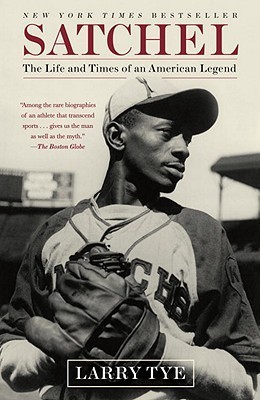More on this book
Kindle Notes & Highlights
by
Larry Tye
Read between
March 20 - March 28, 2024
“Do you throw that fast consistently?” the manager asked. “No, sir,” Satchel answered. “I do it all the time.”
The result was that Satchel’s brilliant early history on the baseball diamond was left almost exclusively to him to tell and a few old-timers to embellish.
In the end the Negro Leagues were a story of contradictions. Their thirty-five years exemplified black achievement at its pinnacle and black oppression at its depth. Negro Leaguers earned more money and were held in greater esteem than most black Americans, and less than most white baseball players.
With the count 0-2, Miles walked slowly back to the dugout. “My manager asked, ‘What the heck are you doing?’” Miles remembers. “I said, ‘I didn’t see the first two. What makes you think I’m going to hit a third one?’”
After one such contest, a black scribe credited Paige with turning out “more Negroes … than Lincoln freed.”
“I’d been the guy who’d started all that big talk about letting us in the big time,” Satchel wrote in his memoir. “I’d been the one who everybody’d said should be in the majors.” To be denied that chance hurt as badly as “when somebody you loves dies or something dies inside you.”


